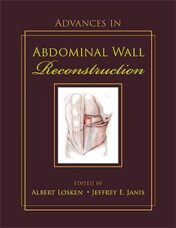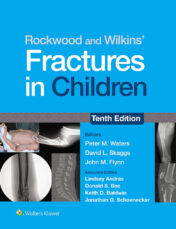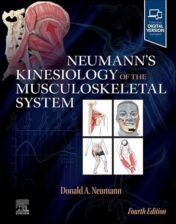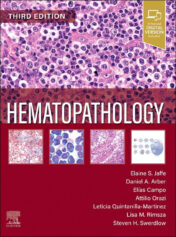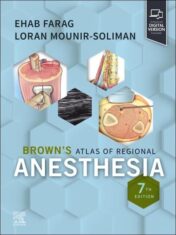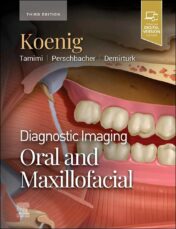Advances in Abdominal Wall Reconstruction presents the range of current options available for surgical repair in a systematic fashion. Treatment options and algorithms provide readers with insights into choices for approaching different problems. Strategies for minimizing morbidity and for avoiding recurrences are also discussed in detail as are helpful tips and tricks and safe and reliable options for dealing with complex problems. New techniques are described along with the evidence-based data on outcomes and numerous case examples to reinforce important concepts. Potential problems and pitfalls are thoroughly covered to help surgeons avoid potential complications. Although the main focus of this book is on surgical technique, it also discusses basic principles, etiology of abdominal defects, organizations strategies and outcomes. A DVD with 3 operative videos complements the book.
The editors have put together an imminently helpful work which should prove invaluable for a broad range of surgical specialties. They are assisted by a multi-disciplinary group of leading experts and pioneers in surgery and plastic surgery.
The book is divided into three parts. The first part focuses on fundamentals with essential chapters devoted to abdominal wall anatomy, hernia defect classification, abdominal wound care and synthetic meshes, and tissue biologics for abdominal wall reconstruction. Parts II and III are devoted to various types of abdominal wall reconstruction as well as simple and complex hernia repair using synthetic meshes and biologics. Chapters within these sections are clinical and technique-oriented, with ample illustrations and photos depicting the different surgical approaches. A key chapter in this section focuses on “Anatomic Components Separation: Applications and Advances in Technique.” This simple, reliable technique is one of the most exciting, recent advances in abdominal wall reconstruction. Another hot topic covered in depth in several comprehensive chapters is that of biologics in complex abdominal wall repair; these materials have revolutionized abdominal wall reconstruction. Critical chapters are included on the science behind biologics as well as specific techniques for using them. Other cutting-edge topics include: laparoscopic hernia repair and management of parastomal hernias, enterocutaneous fistulas, postoperative abdominal bulges (a common, challenging problem), and recurrent ventral abdominal hernias, to name a few. An exciting chapter on abdominal wall transplantation gives readers insight into promising new developments and what lies on the horizon in abdominal wall reconstruction.
Hot Topics
- Biologics in Abdominal Wall Reconstruction: Basic Science and Technical Considerations
- Synthetic Mesh in Abdominal Wall Reconstruction
- Separation of Anatomic Components Method of Abdominal Wall Reconstruction: Application and Advances in Technique
- Minimally Invasive Ventral Hernia Repair
- Management of Postoperative Abdominal Bulges
- The Retro-Rectus Technique for Mesh Placement

